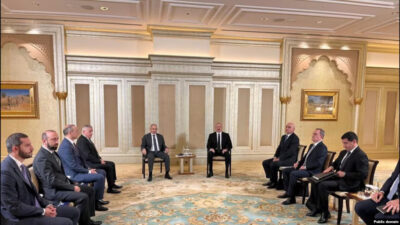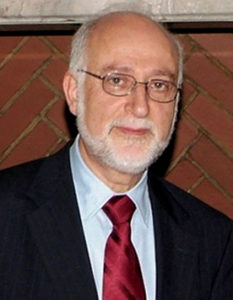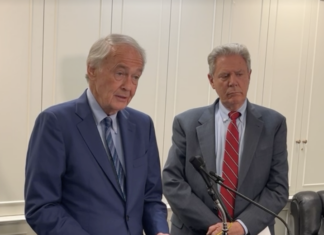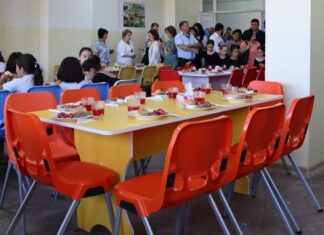By Alin K. Gregorian
Mirror-Spectator Staff
WATERTOWN — The president of the American University of Armenia (AUA), Dr. Armen Der Kiureghian, recently visited the United States, where he embarked on a tour in order to raise the profile of the university in the west and seek the necessary funds to make the university a destination school in the Caucasus, ahead of the school’s 25th anniversary next year.
As he said in promotional material for the fundraising, “The next few years will be the most transformative and exciting for AUA. After building the foundation, we are now on a trajectory that will propel AUA into the international arena.”
He had come to the Boston area for a fundraiser in April, but also to spread the word in the large Armenian community in a state which happens to have an inordinately large number of excellent universities. “Our goal is to develop an exchange program” between the universities here with AUA, he said.
The university already has an office in Oakland, Calif., and is looking to create one in the Boston area.








